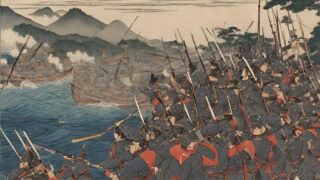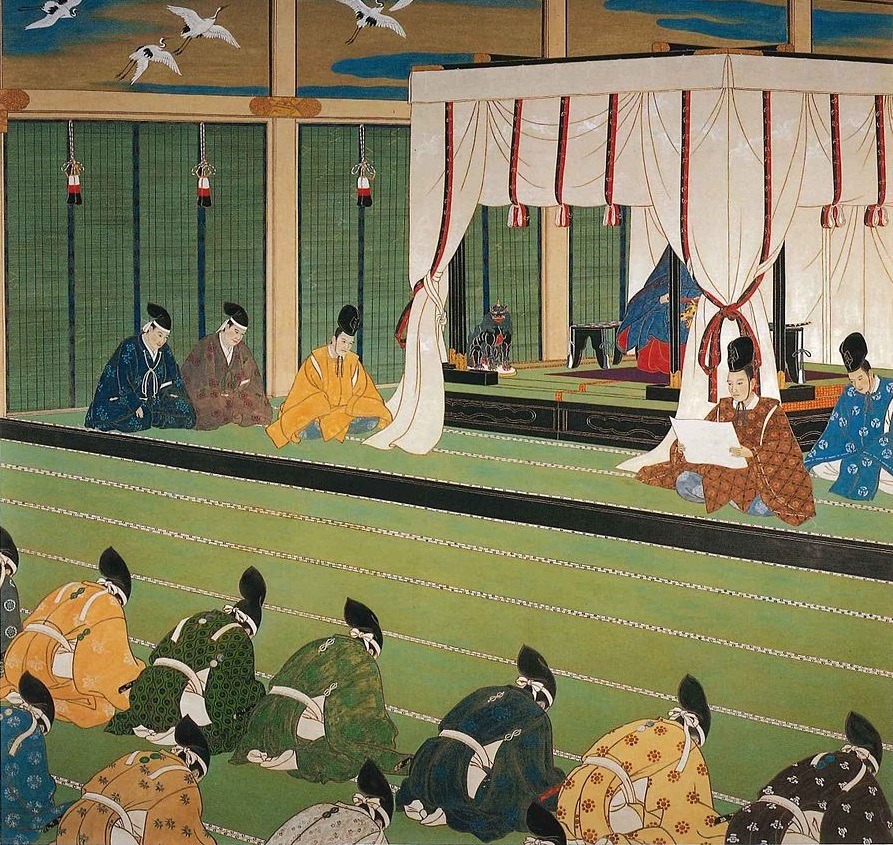Why No Resistance?
Now comes the obvious question of “why no one resisted?”
From the daimyo’s lenses, the decree not only took away their ancestor’s land, but also their honor and status as a samurai landlord.
Surely, this would have been dissatisfying to say the least, if not for considerable compensations.
In fact, most daimyos were granted the rank of nobility with in the new Empire, guaranteeing them an esteem position and generous pensions. They basically became aristocrats instead of the previous samurai landlords, but this turned out to suited them quite well.
Becoming aristocrats meant they could continue enjoying a high status while being relieved from the responsibilies as a landlord.
Governing a territory is no easy job, and many clans were practically or on the brink of financial bankruptcy. For the daimyos ruling such poor clans, it was evidently beneficial to give away the land in exchange for aristocratic luxury.
Another interesting fact is that every daimyo spent their childhood in Tokyo (Edo) as per requirement by the Tokugawa Shogunate. This was a part of an elaborate system to prevent any rebellion by keeping the heirs of the daimyos in Edo as de-facto hostages.
In other words, the daimyos were city boys who grew up in urban Edo, enjoying the pleasures the one-million city had to offer, and and possessed little affection towards their rural territories.
It wouldn’t be until they reached thirteen or so when they would first step foot on the countryside and interact with their subordinates.
Taking these factors into account, it was not that surprising for the daimyos to choose the luxurious life of aristocracy over the hassle of governance.
For city boys who grew up in urban Edo, the opportunity to not only achieve nobility, but also spend the remainder of their life in Tokyo with guaranteed pay was absolutely tempting.
Along with the sense of a changing new era, these were the reasons why the daimyos accepted the loss of their territory and status with zero resistance.
From a historical perspective, putting an end to a centuries-long feudal structure with one decree is nothing less than a miracle, especially without shedding a drop of blood.
Such significance is often overlooked even in Japanese textbooks, but it is possibly the decisive factor for Japan’s rapid and successful modernization.











-320x180.jpg)









Comments